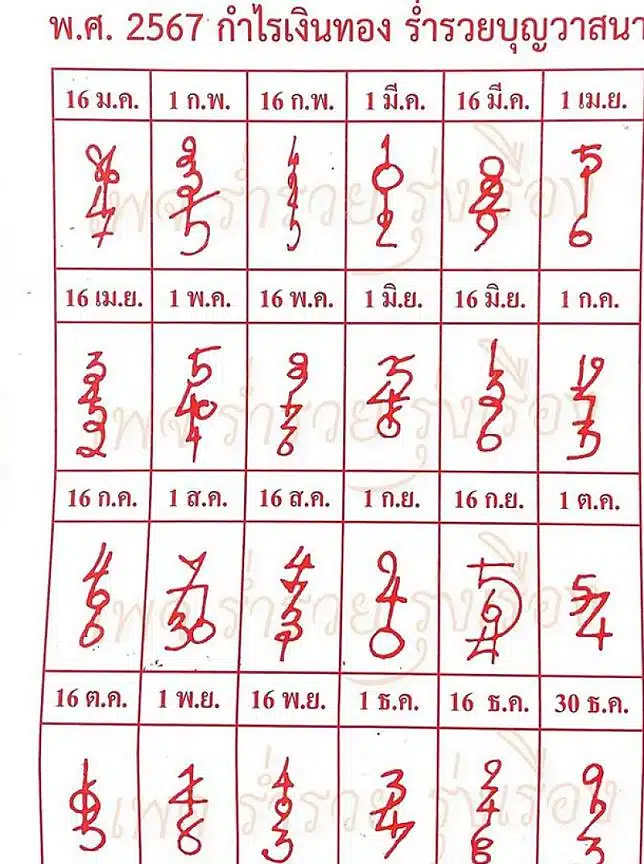ป้ายกำกับ: Birth Rituals
Birth Rituals: Unlocking the Meaning Behind Traditions Around the World
Have you ever wondered why some families celebrate a newborn’s arrival with a specific set of rituals? Birth rituals, ancient traditions passed down through generations, are more than just charming customs. They hold deep cultural significance, often reflecting beliefs about life, the universe, and a baby’s future.
These rituals can vary widely depending on the culture, religion, and even family traditions. Some are meant to protect the baby from harm, while others aim to bring good luck or ensure a prosperous future. Whether you’re a parent-to-be, a curious mind, or simply fascinated by different cultures, understanding these traditions can provide a deeper appreciation for the diversity of human beliefs and practices.
Birth Rituals: A Global Tapestry of Beliefs
Here are some examples of birth rituals celebrated around the world:
- Naming Ceremonies: Many cultures have elaborate naming ceremonies where the baby is given their name, often chosen based on their birth date, family history, or desired qualities. In some cultures, this is a significant event with special foods, prayers, and blessings.
- Belly Binding: This ancient practice, common in many cultures, involves tightly wrapping a newborn’s belly with cloth. It is believed to help with digestion, improve posture, and even prevent umbilical hernia.
- Amulets and Charms: In numerous cultures, amulets and charms are used to protect babies from evil spirits or bad luck. These objects can be worn around the neck, placed in the crib, or even hung around the house.
- First Baths: The first bath of a newborn is often a special event with symbolic meaning. In some cultures, this bath is used to cleanse the baby of impurities or to welcome them into the world.
- Feeding Rituals: The first food a baby receives is often a ritualistic act. In some cultures, this first meal is a traditional dish passed down through generations, while in others, it is a special food believed to bring health and strength.
- Tying the Thread: In some Indian cultures, a thread called a “kalava” is tied around the baby’s wrist to ward off evil spirits and bring good luck.
Birth Rituals: More Than Just Tradition
While these rituals can seem charming and unique, they often have deeper meanings tied to beliefs about the world and a baby’s place in it. Understanding these meanings can help us appreciate the rich tapestry of cultural practices that shape our world.
For example, in some cultures, the first bath is seen as a ritualistic cleansing that washes away the impurities of the womb and welcomes the baby into the world. In other cultures, the naming ceremony is a powerful moment where the baby receives their identity and is officially welcomed into the family and community.
Birth Rituals: A Window into Cultural Diversity
Birth rituals, whether they involve prayers, special foods, or physical acts, offer a fascinating window into cultural beliefs and practices. By understanding these traditions, we gain a deeper appreciation for the diversity of human experience and the ways in which different cultures celebrate the miracle of birth.
The next time you encounter a birth ritual, take a moment to consider its significance. What beliefs does it represent? What does it reveal about the culture and history of the people who practice it? Birth rituals are not just curious customs; they are powerful expressions of hope, love, and the enduring power of tradition.
, Birth Rituals, Cultural Beliefs, Naming Ceremonies, Belly Binding, First Baths
